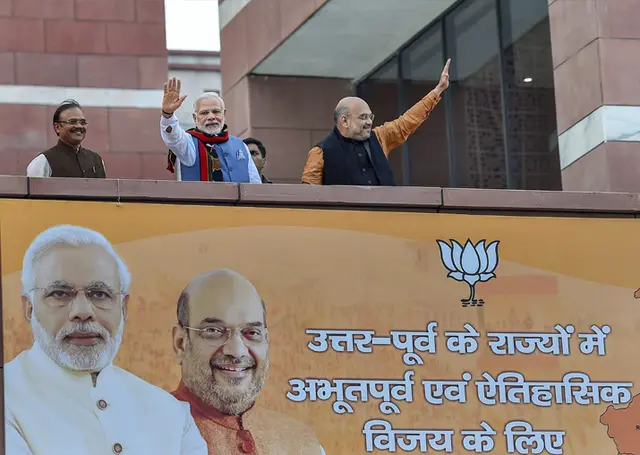Editor's note:* the author is Prof. Engr. Zamir Ahmed Awan, Sinologist (ex-Diplomat), Editor, Analyst, Non-Resident Fellow of CCG (Center for China and Globalization), National University of Sciences and Technology (NUST), Islamabad, Pakistan.*
The history of "intolerance and extremism" goes back to the 1920s, when sentiments against European colonialism were created. Twentieth-century Indian agitation against the British led to the rise not only of the secular and socialist Congress movement but also of the rival Hindu nationalist movement collectively known as the SanghParivar ("family of organizations"). The Parivar proclaims an ideology of "Hindutva," aimed at ensuring the predominance of Hinduism in Indian society, politics, and culture, which it promotes through tactics that include violence and terror. Although there was a considerable-sized population of Muslims, Christians, Sikhs, and many other small religions. The SanghParivar's central organization is the RashtriyaSwayamsevakSangh (RSS), founded by KeshavHedgewar in 1925. Hedgewar was influenced by V. D. Savarkar, who believed that Hindus were the descendants of the ancient Aryans and properly formed a nation with unified geography, race, and culture. All other religions were considered foreign or aliens, with having roots in middle-east.
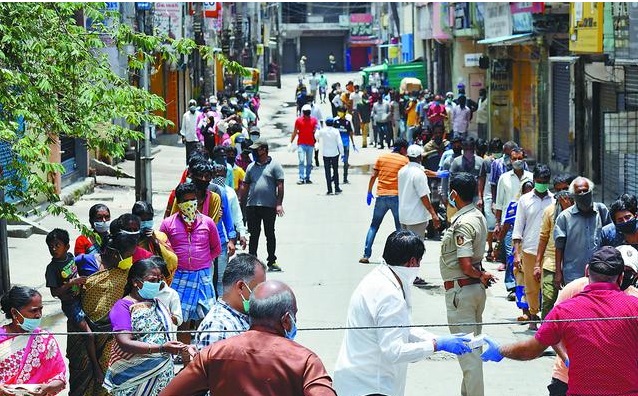
The RSS is now ruling party in India, with millions of active members in all walks of life, engaged in brainwashing and promoting their ideology, which cases the "intolerance and extremism". Its educational wing, the VidyaBharati, has some twenty thousand educational institutes, with one hundred thousand teachers and two million students. The VidyaBharati schools distribute booklets containing a map of India that encompasses not only Pakistan and Bangladesh but also the entire region of Bhutan, Nepal, Tibet, and parts of Myanmar, all under the heading "PunyaBhoomi Bharat," the "Indian Holy Land." The RSS also has separate organizations for tribal peoples, intellectuals, teachers, slum dwellers, leprosy patients, cooperatives, consumers, newspapers, industrialists, Sikhs, ex-servicemen, overseas Indians, and an organization for religion and proselytization, as well as trade unions, student and economic organizations, and a women's chapter. All this is done gradually in a structural manner as state policy.
SanghParivar organizations include the Bajrang Dal and the Vishnu Hindu Parishad (VHP-World Hindu Council), which engage in propaganda, virulent hate campaigns, and sometimes violence against religious minorities. The VHP was formed in 1964 to unite Hindu groups and serve as the RSS's bridge to sympathetic religious leaders. It has sought to radicalize Hindus by falsely claiming that Hindus are under threat from an "exploding" Muslim population and a spate of Christian conversions, and it organized the 1992 nationwide demonstrations that culminated in the destruction of the Ayodhya mosque by Hindu mobs. Police and law enforcement agencies were not taking any preventive measures but were protecting and facilitating the riots.
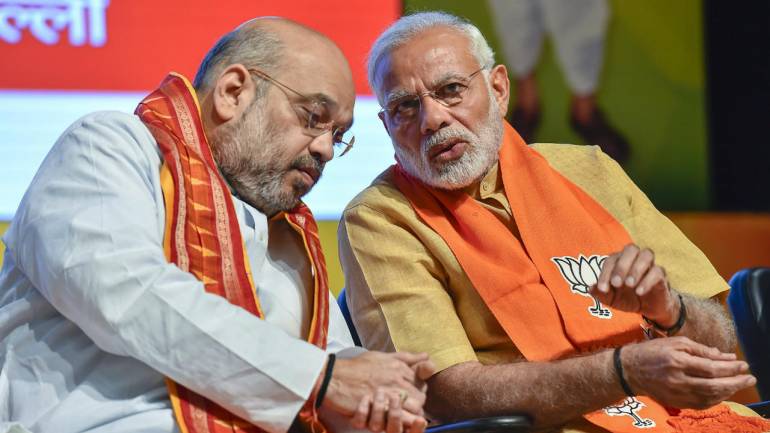
The BJP official policies on Hindutva and conversion coincide with increasingly violent attacks by Hindu militants on religious minorities.
Attacks on minorities, especially in the states of Gujarat, Madhya Pradesh, Kashmir, Assam, Bihar, and Orissa, have surged in recent years. India's Home Ministry (internal security) and its National Commission for Minorities officially list over a hundred religiously motivated attacks against minorities per year, but the real number is certainly higher, as Indian journalists estimate that only some ten percent of incidents are ever reported.
In recent years, the other major target of Hindu extremists is the Muslim community, which is haunted by the fear of recurrent communal riots that have taken the lives of thousands of Muslims. During the outbreak of violence in Gujarat in February 2002, many of the victims were burned alive or dismembered while police and BJP state government authorities either stood by or joined in. The mobs had with them lists of homes and businesses owned by Muslims, lists that they could have acquired only from government sources. Based on this alleged act of terrorism, Chief Minister of Gujrat at that time, Mr. Modi was refused to the issuance of a US visa. Many European countries have banned his entry to their countries. Canada has refused issuance of Visa to some of high-ranked Military officials involved in war-crimes in Kashmir.
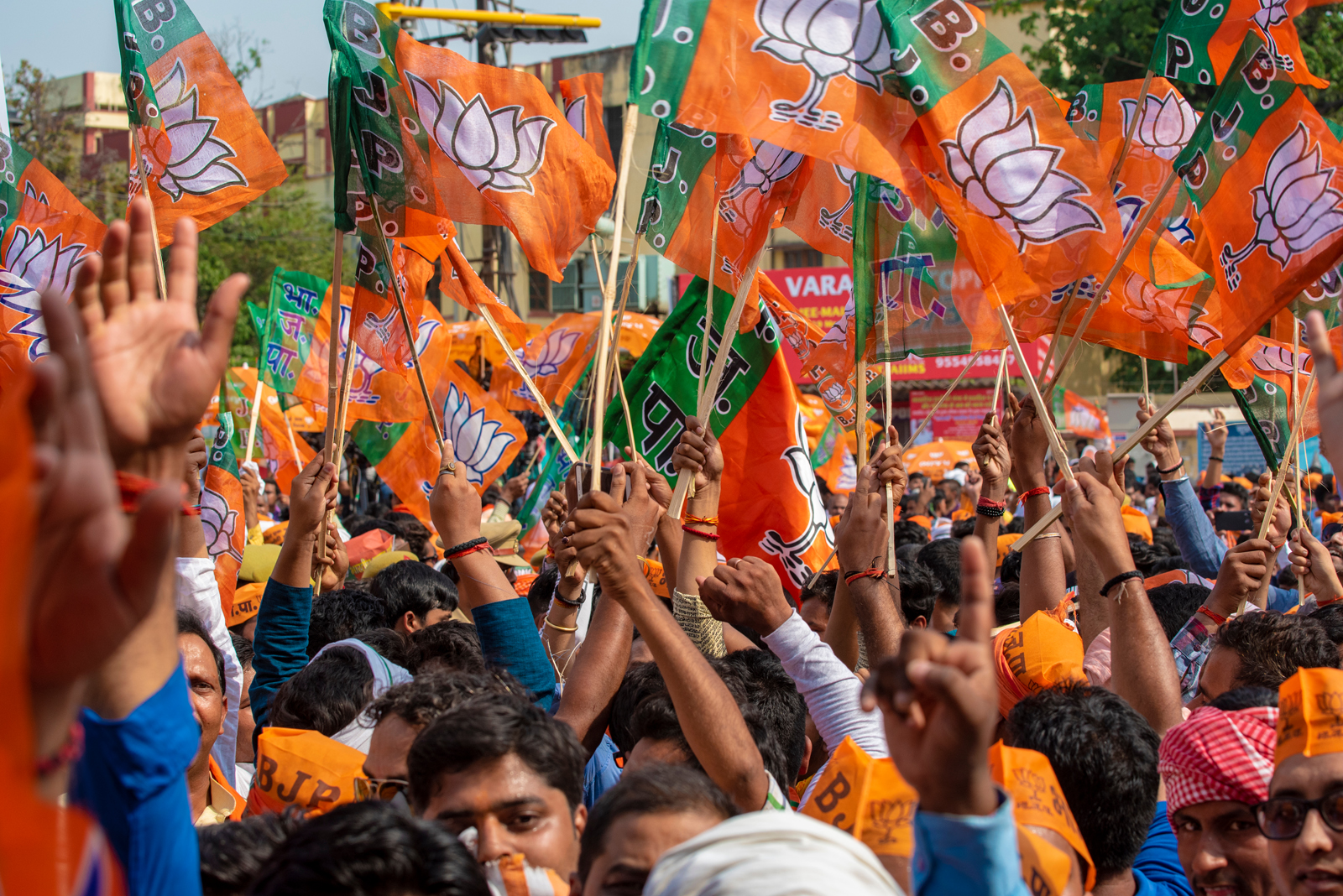
Since September 11, 2001, the world's focus was turned toward Middle-East. But there were also major violent trends in Hindu extremism that have largely been ignored in the Western World. In India, this violence is supported by Hindu extremists and their allies in the Indian government, which is currently led by the Bharatiya Janata Party (BJP).
Revoking the Special Status of Indian Occupied Kashmir, on the 5th of August 2018, India imposedindefinite curfew. Around 900,000 troops are deployed to implement strict lockdown for the last 9 months. Kashmir has been turned into the largest jail, where 8 million people are under siege.
In December 2019, India passed an amended Citizenship Act, which may cancel the citizenship of around two million Muslims in India. Discriminatory Citizenship Act was criticized and nationwide demonstrations were witnessed in the length and breadth of the country.
COVID-19 has added a new dimension of racism, where Muslims were blamed for spreading it and their hospitals were separated from Hindus. Boycott of Muslim businesses and limiting social contacts is in common practice.
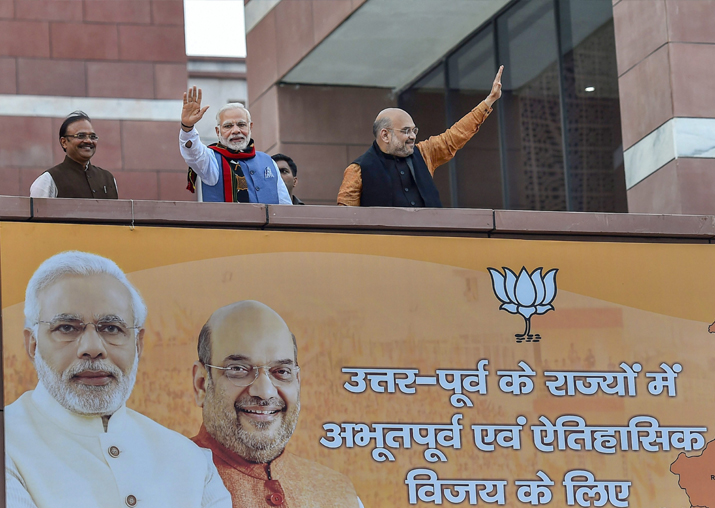
Since many people view India as secular and the largest democracy, and a huge market, which may not be a perfect understanding of Indian society, as the situation on the ground may be quite different. It needs to understand the complexity and radicalism of the country. If religious extremism continues to grow, it will, as we have learned elsewhere, drag India's democracy, economy, and foreign policy down with it. In the face of such a threat, we cannot afford to be silent and the world may not be a spectator merely.
According to the recent Human Rights Report, India has been exposed, as the largest violator of human rights on the earth. India has exceeded all records of the world in atrocities in Kashmir.
The US Commission on Religious Freedom, released its report 2020. According to the report, Indian religious freedom has been addressed and recommended by the Trump administration to take all necessary steps to pressurize the Modi Government.
Organization of Islamic Cooperation (OIC) said it "urges the Indian Government to take urgent steps to stop the growing tide of Islamophobia in India and protect the rights of its persecuted Muslim minority as per its obligations under international law".
India has been exposed and the World has seen the true face of India.
(ASIA PACIFIC DAILY)
 简体中文
简体中文

